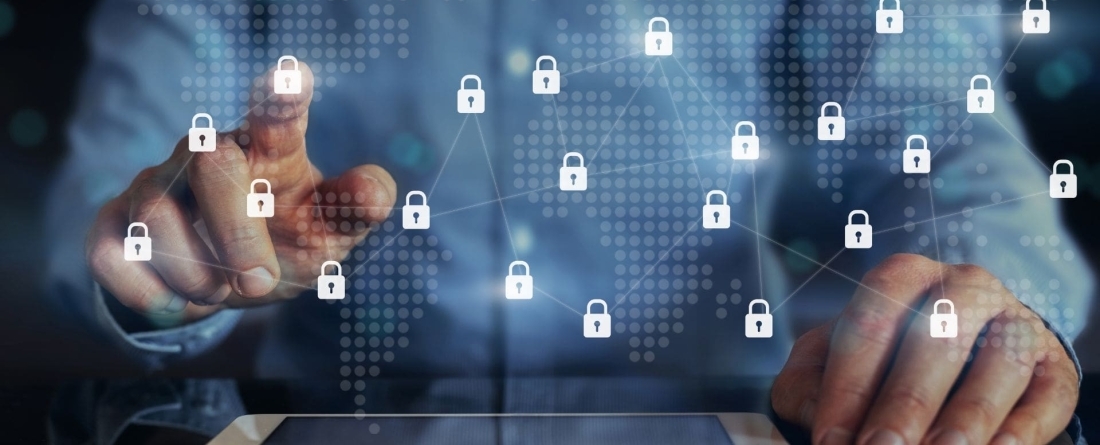
A recent piece in The Independent has raised urgent questions about cybersecurity and information governance at the highest levels of U.S. leadership after a Signal group chat discussing military operations in Yemen was inadvertently leaked to a journalist. The article features analysis from GoTech affiliate and global security expert Nicholas Reese, whose commentary brings a critical, technologically grounded lens to the issue.
The incident, which reportedly involved senior members of the Trump administration, has triggered bipartisan scrutiny. While legal analysts and lawmakers have cited potential violations of the Espionage Act and the Federal Records Act, Reese underscores the cyber implications of using a commercially available, unapproved communications app for national defense deliberations.
“Sharing time sensitive military operational details over a commercial communications application shows a shocking level of disregard for the sensitivity of classified information at the top of the U.S. security establishment,” Reese told The Independent. He notes that while Signal is widely viewed as secure for public use, it is not authorized for transmitting non-public Department of Defense (DoD) information, a point reinforced by a 2023 DoD memo cited in the article.
Reese raises a broader concern regarding trust between the U.S. and its intelligence-sharing partners. “Its disregard for good security practice in this case will certainly be noticed by foreign partners and adversaries alike,” he warns.
Crucially, Reese highlights a lesser-discussed cybersecurity risk: that a breach of Signal’s encryption, if it occurred, would likely remain undisclosed by malicious actors. “We should be worried about the breaches we have not heard of yet in this case,” he said, drawing attention to the false sense of security that can accompany consumer-end encryption platforms when used for sensitive state affairs.
At GoTech, Reese’s analysis aligns with the mission to interrogate how emerging technologies interface with governance and systemic accountability. While public discourse around the political fallout continues, his perspective reminds policymakers that cybersecurity failures can have long-term strategic consequences, whether unintentional or systemic.



